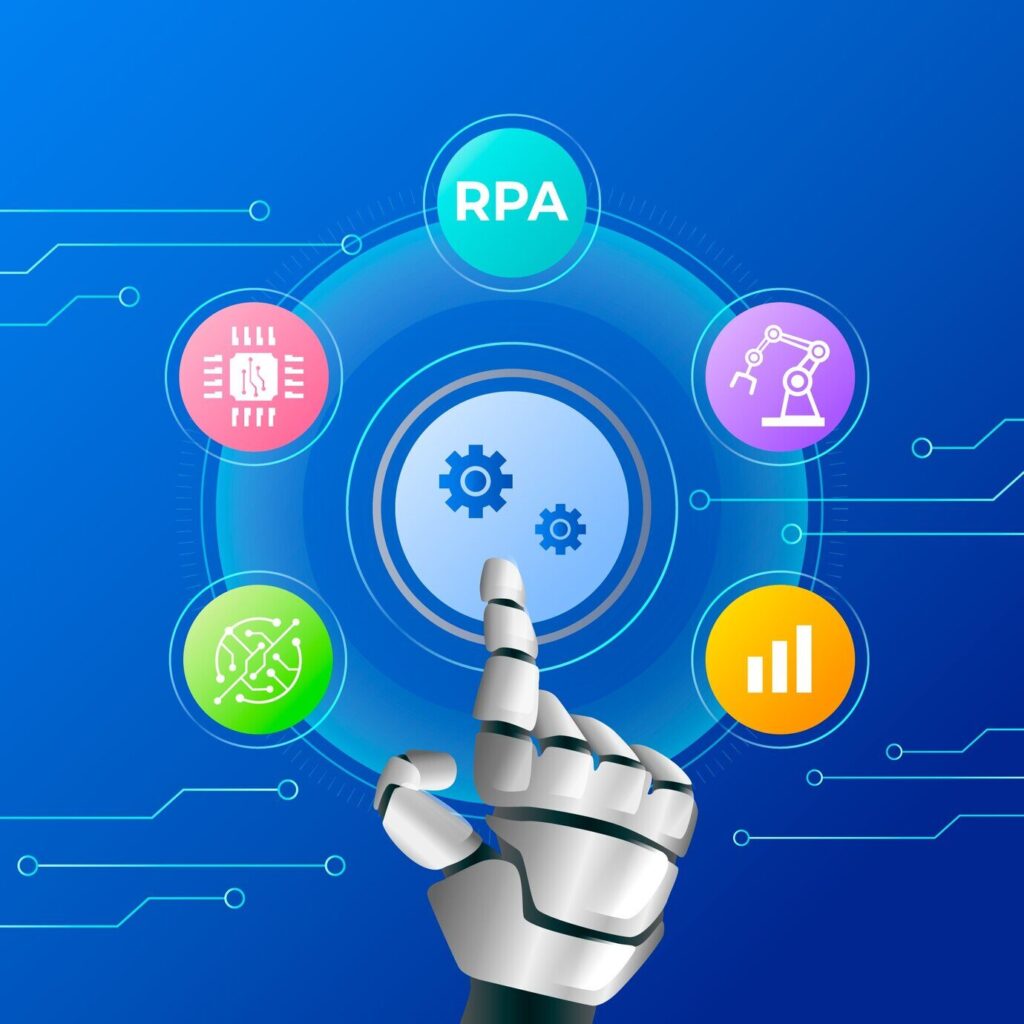Artificial Intelligence (AI) refers to the simulation of human intelligence in machines that are programmed to think and learn like humans. Beyond science fiction, artificial intelligence (AI) is already a necessary component of contemporary life that significantly influences how we live, work, and interact. From customized virtual assistants running our calendars to driverless cars negotiating our roadways, the applications of AI in daily life are transforming how we live.
From basic tasks, such as cleaning and cooking, to extraordinary features, such as problem-solving capabilities, artificial intelligence (AI) has been integrated into various domains of human life. AI is also used in almost all facets of life, from health to financial institutions to schools and universities to media and entertainment.
In this article, Souls That Write will focus on its possible uses and advantages and discuss how AI can shape your day to day life.
Ways applications of AI in daily life Is Beneficial

We at Souls That Write have put together some crucial ways using applications of AI in daily life is beneficial for you:
Smart Home Devices
A typical example of AI’s applications in daily life is smart home devices. Smart home technologies include smart speakers like Amazon Echo and Google Home and smart thermostats such as Nest, which utilize artificial intelligence to adapt to the consumer or user’s patterns and then perform the necessary tasks. They may manage lighting, heating, security systems, shopping lists, or favorite music to enhance the convenience of your home and your life.
Personal Assistants
Voice assistants based on artificial intelligence, such as Siri, Google Assistant, and Alexa, have become rather ordinary features of our daily lives. Aiding consumers in activities including reminders, messages, and browsing, these assistants employ natural language processing to interpret voices and respond. AI integrated into people’s lives through personal assistants enhances effectiveness in executing daily tasks.
Healthcare
Influencing healthcare substantially, AI offers methods that improve patient experiences and enriches processes. Examples of artificial intelligence prediction and diagnosis: Wearable technologies include smartwatches that track physical activity and Vital Signs, so they provide real-time health data and alerts.
Some of the areas include health where AI algorithms in the patient enable the development of the patient’s treatment plan suitable for their ailment.
Financial Services
AI is revolutionizing money management in the financial sector and the financial decision-making process. AI-based applications can analyze spending patterns, provide recommendations on spending amounts, and even forecast spending.
Some robo-advisors make personal suggestions regarding investment methods; others, such as fraud prevention systems, employ machine learning algorithms to identify suspicious activity. Such use of AI in daily life makes financial handling more convenient and safer.
Education
Education systems are being altered by artificial intelligence with personal learning environments. Adaptive learning systems implemented through artificial intelligence analyze a student’s abilities and weaknesses and then design lessons according to his or her learning ability and performance rate.
While artificial intelligence can assist teachers in grading and developing program curricula, virtual tutors provide additional assistance beyond the classroom. Incorporation of artificial intelligence in day to day activities in education enhances the learning process to be more engaging and efficient.
Transportation
AI is leading to observable changes in the transportation sector. Self-driving cars are not yet fully realized, but they can alter transport systems by reducing accident rates and improving traffic flow. AI, mostly applied in ride-sharing organizations, enhances paths, reduces waiting time, and enhances the user experience.
Through the help of artificial intelligence, apps such as Google Maps present updates on traffic and recommended routes to avoid, thus improving one’s daily drive.
Shopping
The applications of ai in daily life are enhancing consumer experiences and streamlining operations in the retail sector. Quick customer support, query solving, and purchasing assistance from AI-integrated chatbots E-commerce platforms increase the possibilities of selling products by recommending products based on consumers’ searching tendencies and previous buying history.
The AI systems implemented in physical stores include cashless stores and personalized offers and thus enhance the shopping experience.
Communication
In this way, AI is improving communication skills by providing more opportunities for fast and effective interactions. Using real-time translations made possible by artificial intelligence, translation apps assist in breaking communication barriers due to language differences.
Thus, the identification and categorization of messages with the help of AI contributes to reducing the number of emails in the inbox and, as a result, increasing productivity. The application of AI in daily life in communication ensures that we are always in touch without having to try.
Job Market
Through repetitive tasks and creating employment opportunities, the work market is transforming through artificial intelligence. Applications of artificial intelligence consider resumes and identify the right candidates for a given job, thus helping in the recruitment process.
Workforce management can also be aided by artificial intelligence systems through staff turnover prediction and work schedule optimization. AI tool like Devin AI transforms the job market for software engineers.
While there are concerns with regard to whether or not automation will take away jobs, the applications of AI in daily life in various aspects also present new opportunities in technology-based industries.
Benefits of applications of AI in daily life
In many different spheres of daily life, artificial intelligence (AI) improves efficiency, convenience, and innovation while streamlining processes.
1. Enhanced Efficiency: AI automates repetitive activities, lowering human error and freeing time for more complicated and creative projects. Artificial intelligence-driven robotics simplify processes in manufacturing and logistics, enhancing consistency and output.
2. Personalization: AI lets users have customized experiences based on their tastes. From tailored streaming platform suggestions to adaptive learning in the classroom, artificial intelligence improves user happiness by providing materials and services that suit particular requirements and interests.
3. Improved Decision-Making: AI quickly and precisely analyzes enormous volumes of data, facilitating data-driven decision-making in finance, industry, and healthcare. AI-powered predictive analytics driven by trends and hazards helps companies to properly strategize.
4. Cost Savings: By streamlining operations, forward-looking maintenance requirements prediction, and resource waste minimization, artificial intelligence lowers running expenses. AI-driven energy management systems, for instance, maximize energy use, therefore saving electricity expenditures.
5. Innovation and Creativity: AI increases human capacity in design, music, and art, among other creative domains. While techniques like computer-aided design (CAD) improve accuracy and speed in product creation, artificial intelligence-generated content pushes the envelope of creativity.
6. Accessibility: AI removes obstacles in communication, healthcare, and education, hence enhancing accessibility. While AI-driven healthcare solutions provide remote consultations, extending healthcare services to underdeveloped areas, language translating tools driven by AI enable worldwide communication.
7. Safety and Security: Artificial intelligence improves safety through sophisticated surveillance systems, driverless cars, and cybersecurity initiatives. Real-time anomaly detection by artificial intelligence systems reduces risks and guarantees a safer public environment on digital platforms and in real-time.
Conclusion
Undoubtedly and continuously growing, AI manifests itself in many spheres of our existence. Not only does artificial intelligence enhance the convenience of households, but it is universally applicable across sectors such as health care, banking, education, and so on.
As AI technology advances, the capacity to solve global issues and improve the quality of life to current standards will only increase. Recognizing these changes and understanding what role artificial intelligence may play in our everyday lives can lead to a better, more productive, and more entertaining approach to life.



